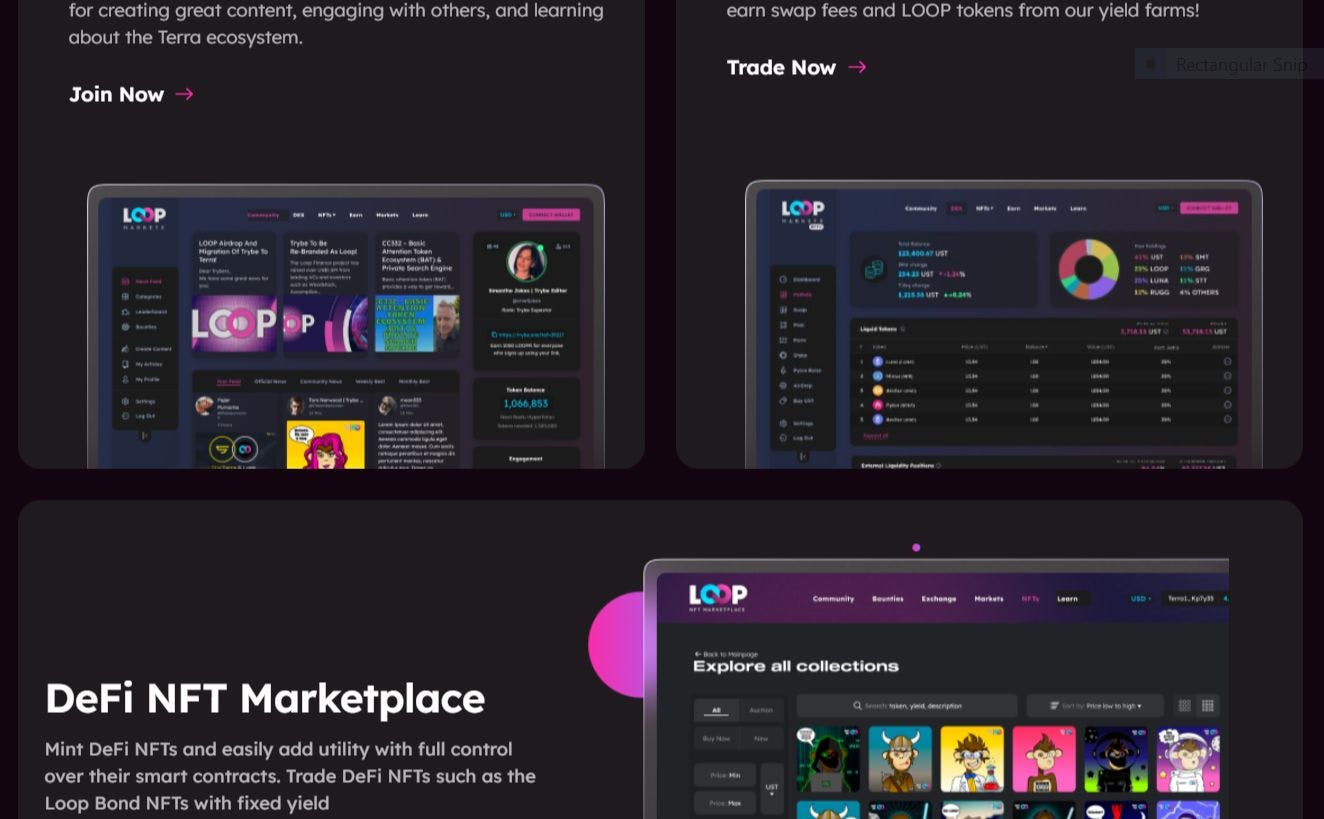212 reads
6 Social Platforms To Help You Connect With Other Crypto Degens
by
March 25th, 2022
Audio Presented by
Allen Taylor is author of Cryptosocial: How Cryptocurrencies Are Changing Social Media & writes Cryptocracy on Substack.
About Author
Allen Taylor is author of Cryptosocial: How Cryptocurrencies Are Changing Social Media & writes Cryptocracy on Substack.
